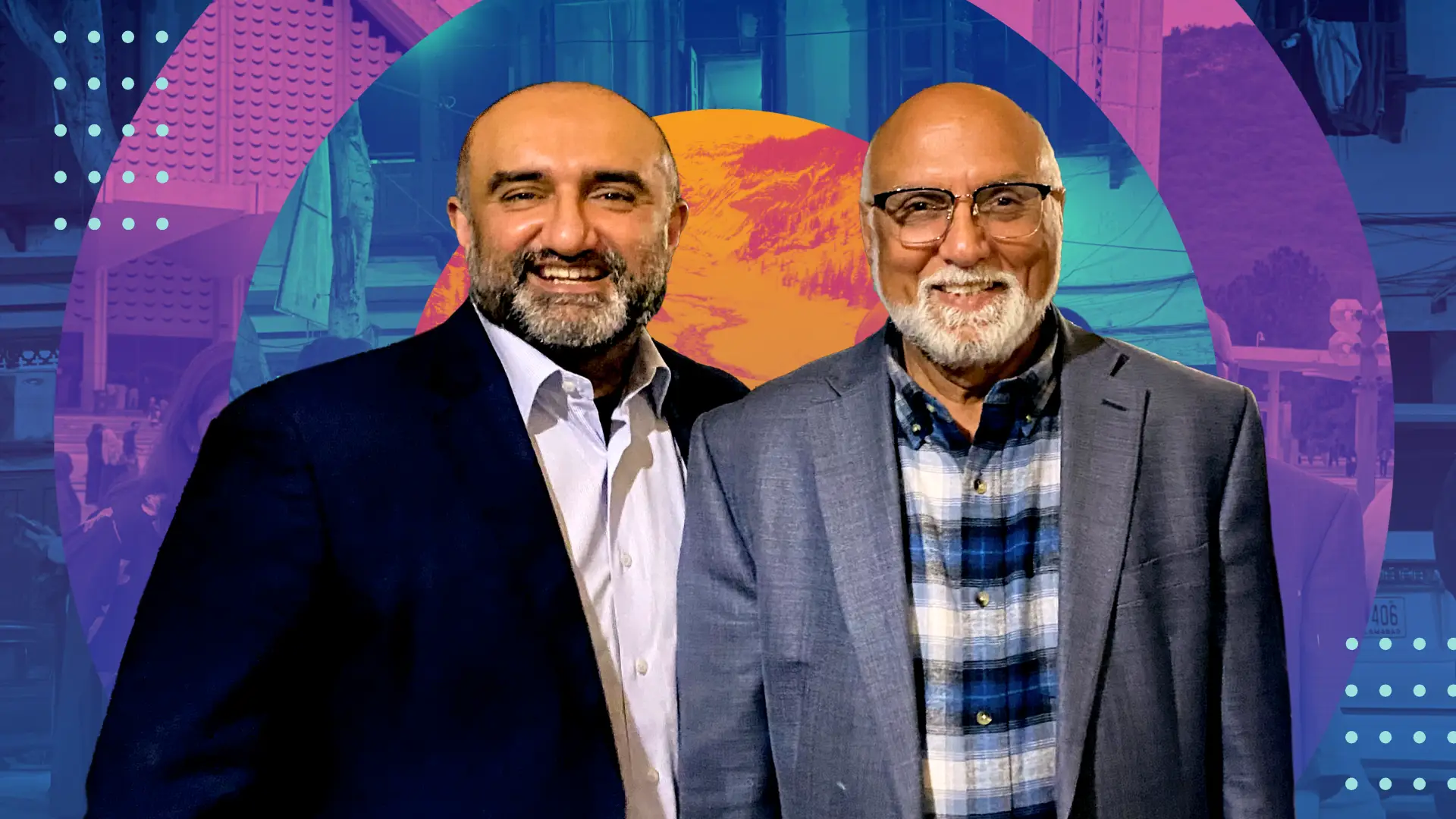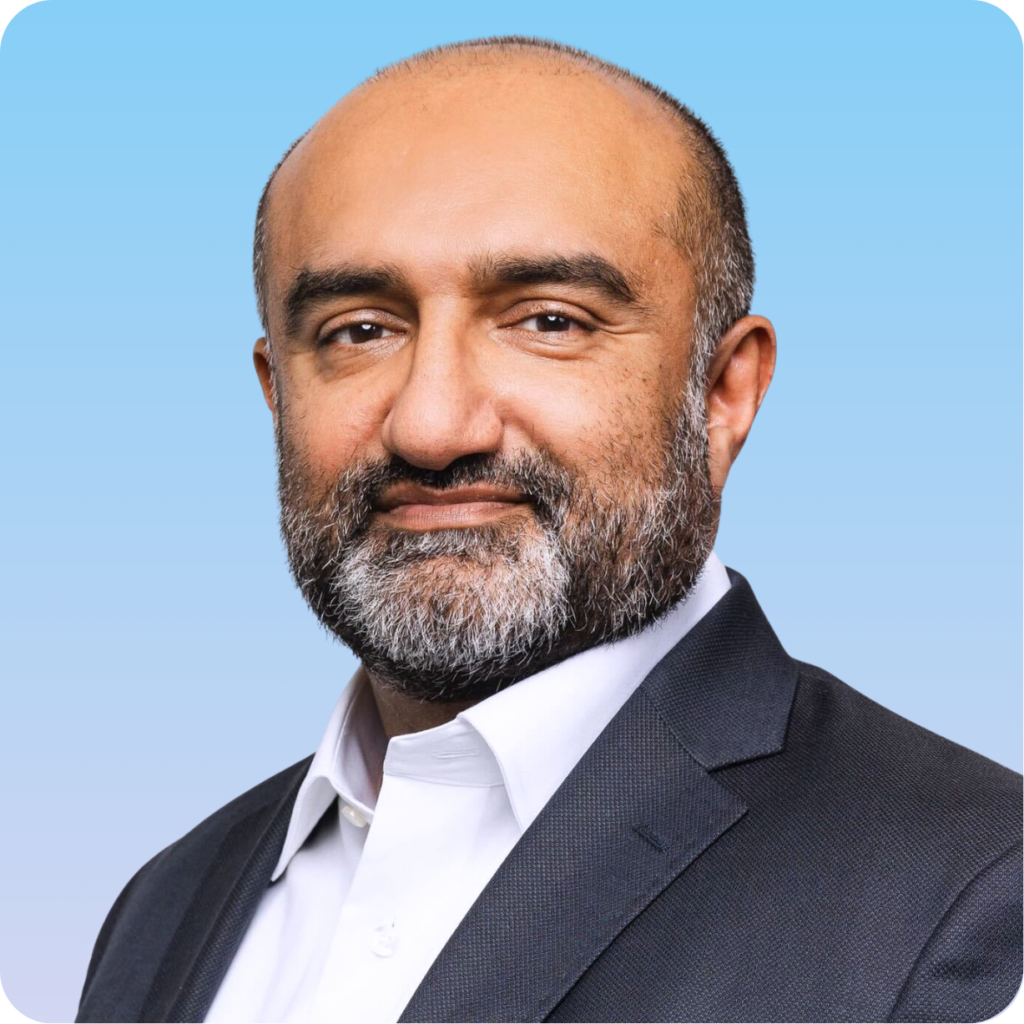
Over a decade ago, my father suffered a heart attack. In the weeks that followed, he received an overwhelming amount of care: hospital visits, specialists, medications, and lifestyle changes that were suddenly top priorities. But what struck me most was the glaring absence of professional support before his heart attack.
For years, he had risk factors (high blood pressure, stress, an unhealthy diet), but no one in charge was proactively helping him manage them. The support he needed to prevent his heart attack was never a priority.
Unfortunately, my father isn’t alone. Millions of patients have similar stories – and millions more are just one bad day away from an avoidable health crisis.
Across our healthcare system, we wait for a crisis and then mobilize every possible resource. But that’s expensive, inefficient, and (most importantly) harmful to patients. Preventative care remains elusive for so many because of labor shortages, operational inefficiencies, and payment models that reward intervention over prevention.
The numbers are staggering:
Yet only a fraction of at-risk patients gets the kind of proactive, between-visit care that could prevent complications, hospitalizations, and death.
This isn’t just frustrating; it’s unacceptable. And that’s why I started a company to make preventative care scalable and sustainable.
In 2013 I founded my company and named it Jaan Health. Those of you from South Asian backgrounds will recognize the deeply personal nature of the word “jaan”. Across many cultures, it means “life”, “love”, or “soul”.
We all cherish the lives and health of those we love. And at Jaan Health, we work to enable high-quality healthcare for all patients, everywhere, all the time.
Our goal is that no patient has to wait for an emergency to receive proactive care. My father had to have a heart attack to get the support he needed; your father shouldn’t have to.
My expertise is in the business of healthcare, not the administration of healthcare. This means I think about solving problems a little differently: I wanted to build a capital-efficient company that would create value for everyone, especially providers.
Providers, especially independent medical practices, are experiencing excruciating margin compression. The American Medical Association says that Medicare physician payment declined 33% from 2001 to 2025, adjusted for inflation. Meanwhile, operating costs (including payroll) continue to rise.
We needed to reevaluate the economics of proactive care. How could providers be paid fairly for doing this between-visit work, without asking them to work overtime?
Regardless of the model, we realized that providers can only make money doing proactive care if they can realize significant labor efficiencies and scale care consistently across thousands of patients.
We built our care management platform Phamily as a way to extend care between visits, support clinicians, and make proactive care financially viable for healthcare organizations. We can support 10x labor efficiency and make it possible for a medical practice to be fairly compensated for preventative care for whole populations.
We’ve proven that good care management is the most profitable thing a healthcare provider can do: for their patients, themselves, and the system.
But as we look to the future, we have more work to do. The healthcare workforce is shrinking while demand is rising. And even if we could find all the clinical staff we need, we couldn’t afford to hire them. Labor costs already account for 60% of all health system expenses, and Medicare spending already outpaces GDP by 4 times and population growth by 9x.
We have to solve the current tradeoff between patient access and healthcare costs.
It’s an unwinnable situation.
Or is it?
If we thoughtfully expand our use of AI to provide care at scale and meet the needs of the populations we serve, we can drive more access while reducing the cost of care. At Phamily, we’ve been pioneers in using AI to help care management programs achieve 10x labor efficiency. But we’re not done.
The latest version of our platform contains our Phamily AI Care Copilot, which will enable care management programs to scale consistent, high-quality care across many, many more patients. We’re excited about a future where healthcare costs go down while patient access goes up.
Without advancing our use of technology, including AI, we simply won’t be able to afford to provide care at the scale our population needs. AI is the latest iteration in a long series of technology advances that have enabled us to improve and scale care.
Talking about AI and healthcare workforce efficiency can be scary. Many healthcare workers have concerns about patient safety or about losing their jobs. But we live in a world where healthcare costs are rising and there isn’t enough care to go around. The wait for services is too long. Patients need more help than we can afford to give them; more help than our staffing shortage allows us to provide.
The only path forward to improve patient care and patient access is to thoughtfully and carefully use technology—whether that means the adoption of the Internet in the 1990s or the AI advances we see now.
As we saw at HIMSS last month, the massive acceleration of AI will change healthcare forever. There’s no going back.

With 25+ years in healthcare, finance and technology, Nabeel sees the intersection of healthcare and AI as the opportunity to revolutionize the economics of health care and the patient experience. More about Nabeel…
Phamily © 2025. All Rights Reserved.